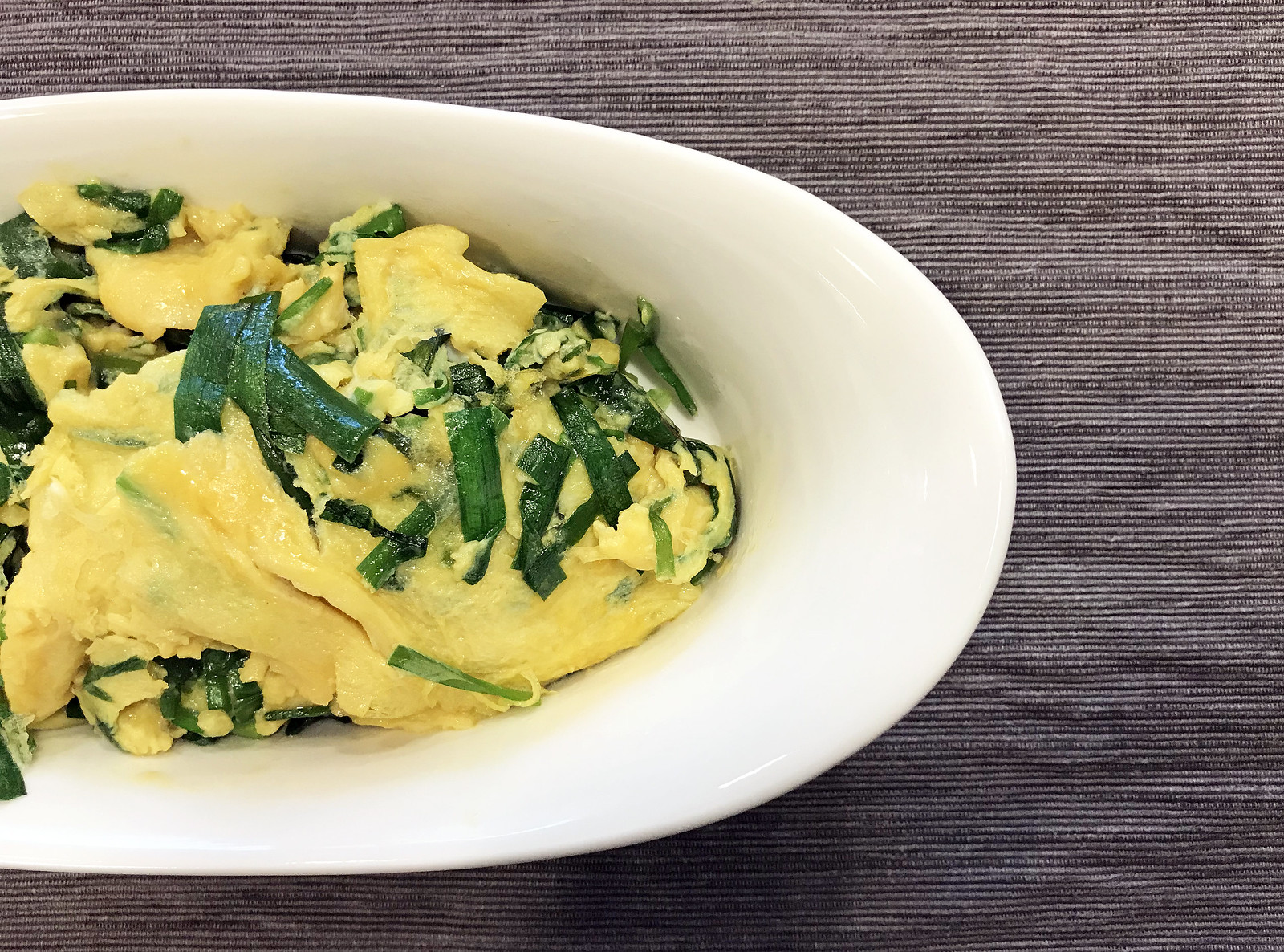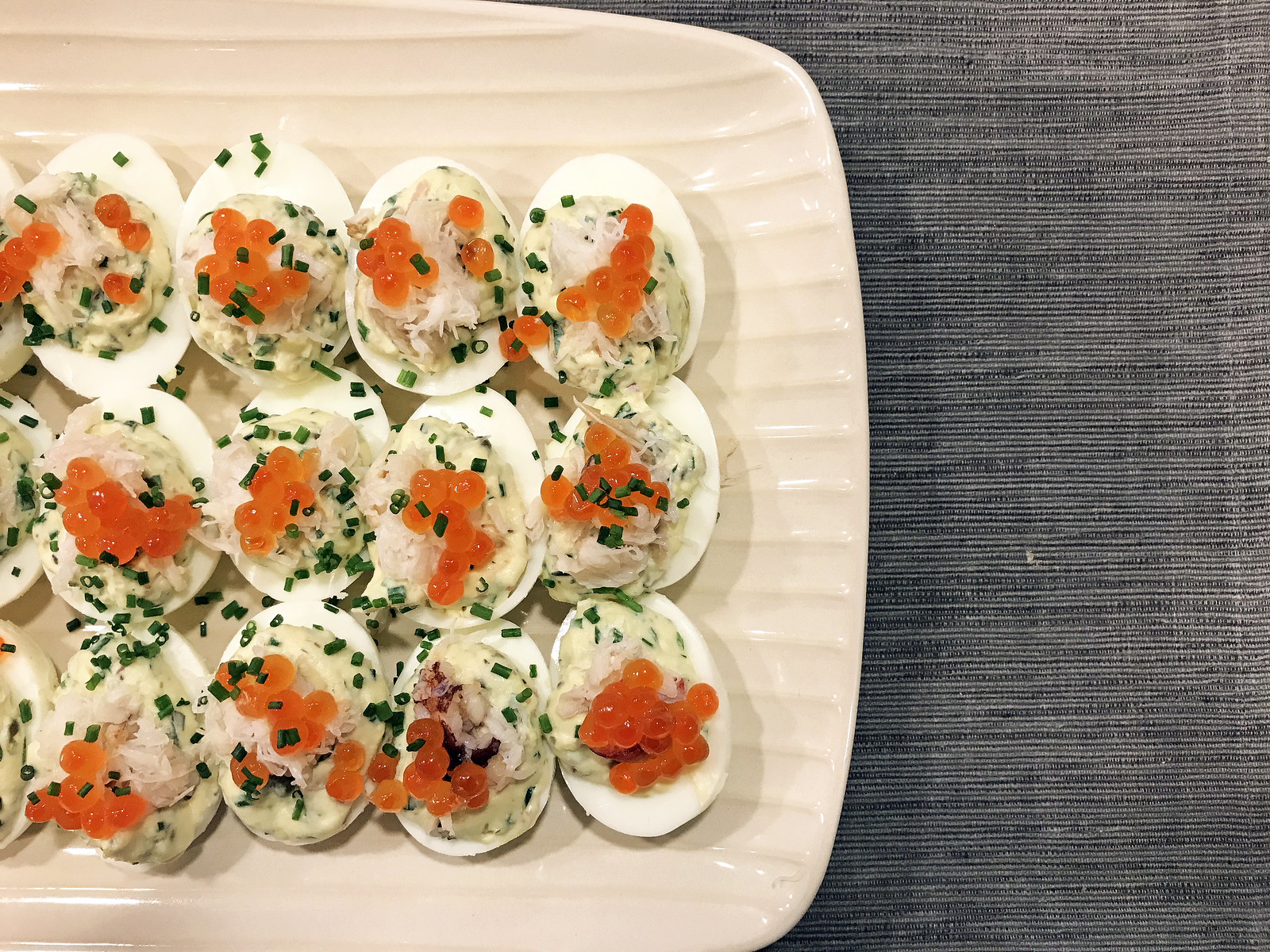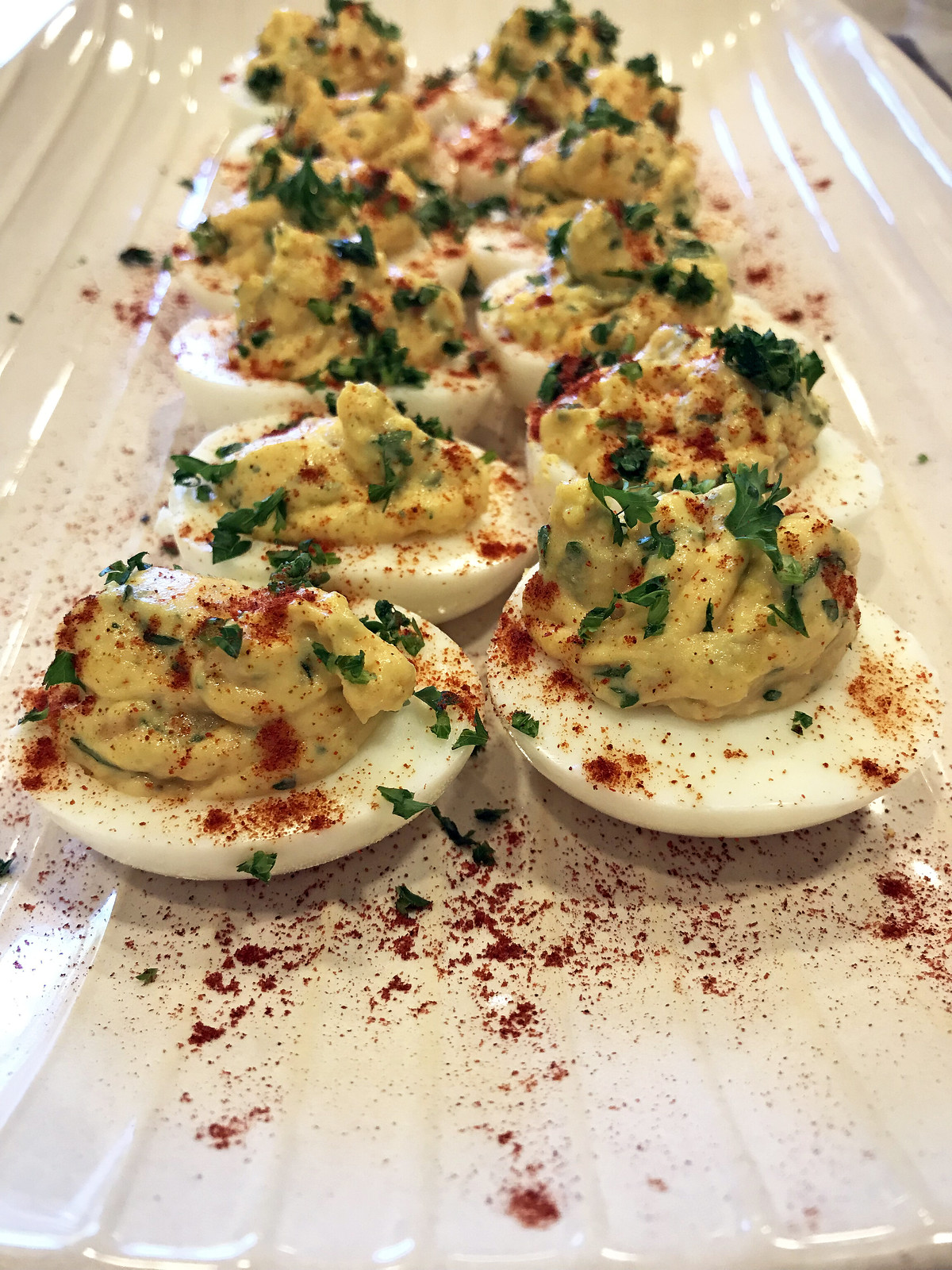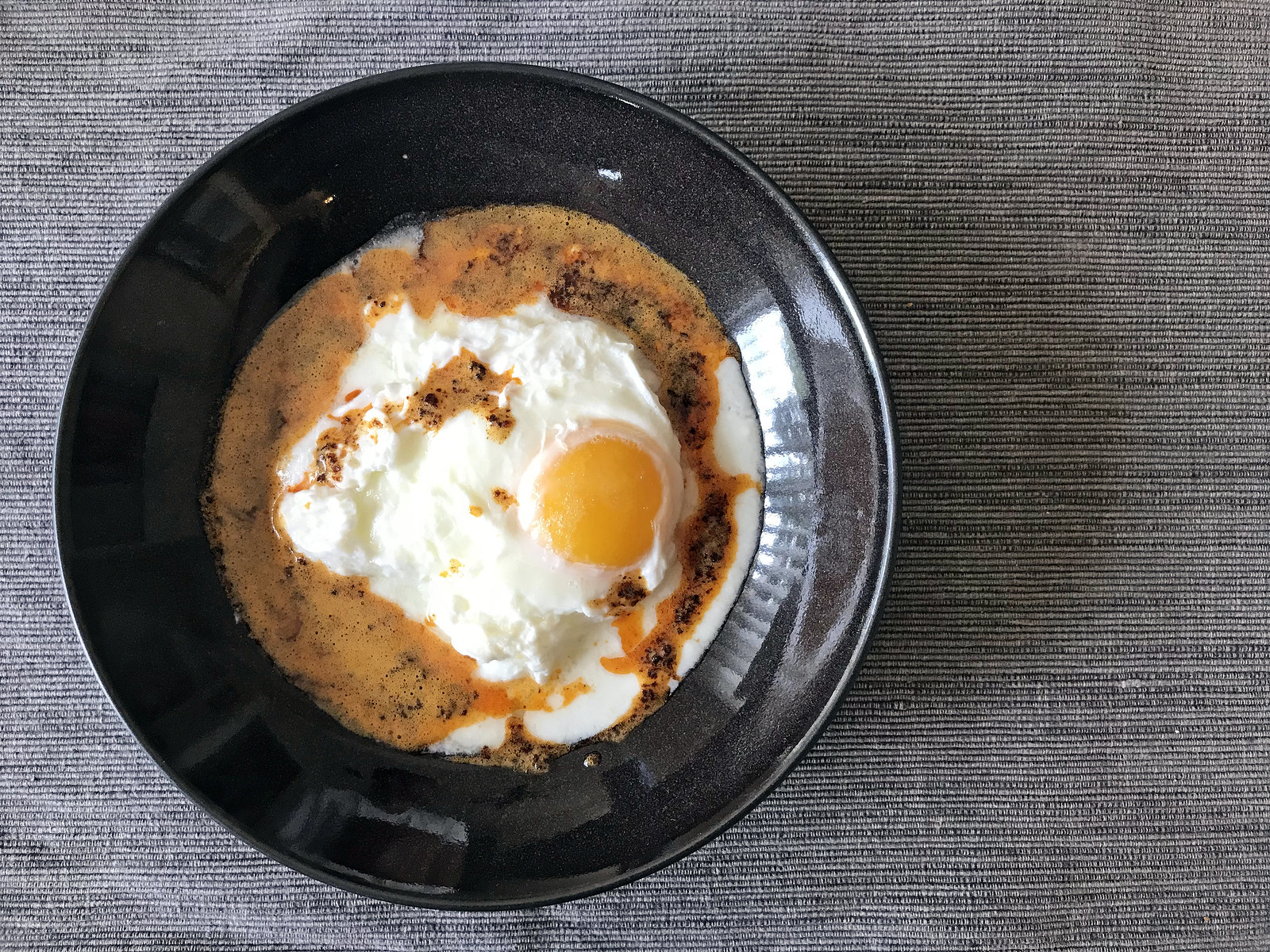I’m just going to break it to you now: this appetizer is definitely not healthy. Like, not even remotely. As in, I-bought-Velveeta-for-the-first-time-in-my-life-for-this-recipe levels of unhealthy.
But it’s worth it. I mean, there’s nothing quite like semi-food Velveeta to keep your queso at a smooth, dip-able consistency even after it’s cooled. A liberal sprinkling of turkey chorizo (don’t @ me, it’s actually really good) rounds things out with another layer of crumbly texture and warm spice.
After the chips are gone, you’ll be licking the bowl with this one.
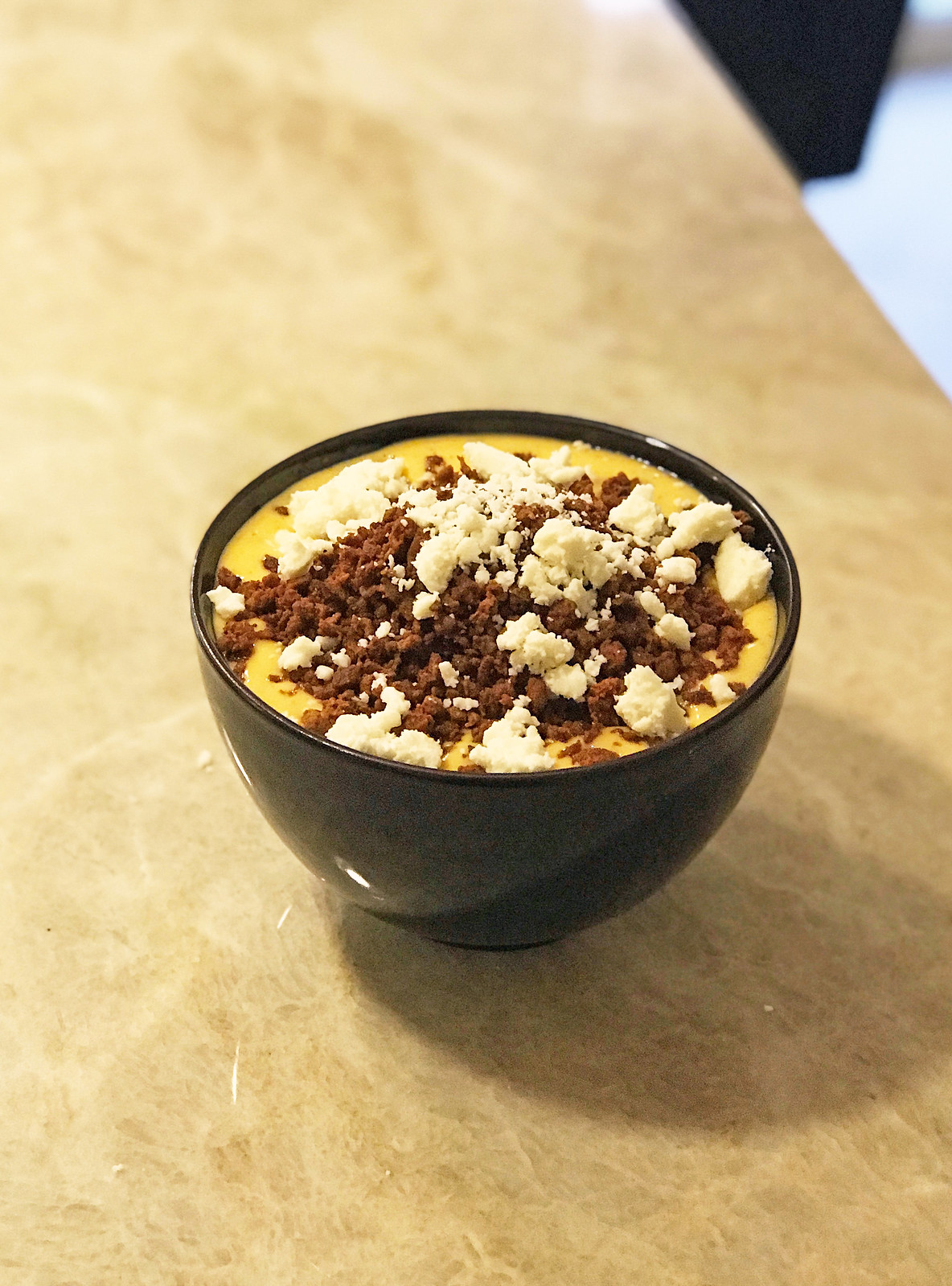
Ingredients:
1 tablespoon vegetable oil
6 ounces fresh turkey or chicken chorizo
2 1/2 cups half-and-half
1/2 pound Velveeta cheese, cut into cubes
1/2 pound Monterey Jack cheese, grated
1/2 pound sharp cheddar, grated
2 teaspoons chopped canned chipotle chiles in adobo
1 teaspoon salt
1/2 teaspoon ancho chile powder
1/2 teaspoon chipotle chile powder
1. Heat oil in a skillet over medium-high heat. Add chorizo and cook, stirring and breaking up with a spoon, until browned and crisp, 8–10 minutes; set aside.
2. Heat half-and-half and Velveeta in a large saucepan over medium heat, stirring occasionally, until Velveeta is melted, 6–8 minutes. Add Monterey Jack and cheddar; cook, stirring, until mixture is smooth. Mix in chipotle chiles, salt, and chile powders.
3. Transfer queso to a warm bowl and top with chorizo.

